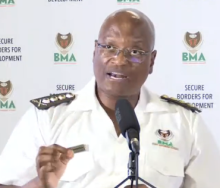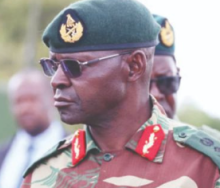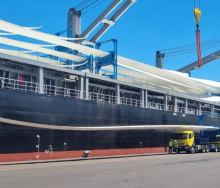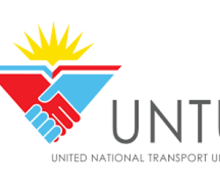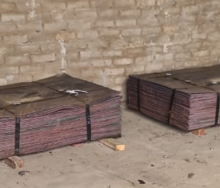As Trump 2.0 approaches, observers are continuing to debate the implications of his return to the White House – none more so than those with an interest in Africa.
Based on ongoing research at the University of Pretoria’s African Centre for the Study of the US, Trump 2.0 could be a mixed bag, holding both promise and fear for Africa, says a report in The Conversation.
“His America-first policy orientation means that interests and commitments to other countries and international affairs are secondary. Relations are based on their benefits to the US. Hence, US foreign policy interests and engagements would be tied to strategic security and economic demands.”
This is a challenge for African countries with limited strategic importance to the US. For example, during Trump’s first term, (2017-2021), the US indicated interest in bilateral trade deals rather than the African Growth and Opportunity Act (Agoa). The act grants duty-free access to the US market for certain products from eligible African countries.
The researchers point out that there is apprehension that Trump’s transactional and contemptuous outlook towards Africa would negate President Joe Biden’s recognition of African agency, and his doctrine of equal partnership with the continent.
Trump’s approach could mean favourable engagements with strategic African partners, and little with Africa collectively. For example, unlike presidents Barack Obama and Biden, Trump didn’t organise a US-Africa Leaders Summit.
“Still, Trump’s second coming could inspire some hope.
“Firstly, he is unlikely to ignore the increasingly competitive nature of international relations, and Africa’s growing relations with China, Russia and other US competitors.
“Secondly, Trump’s first term in office provides some reasons for hope of improved US-African trade relations. US trade with 49 African countries declined from $104.7 billion at the end of President George W Bush’s tenure in 2008, to $33.7bn at the end of Obama’s term in 2016. Trade relations improved in the first two years of Trump, reaching $40.9bn before sliding to $32.7bn with the pandemic in 2020."
US foreign direct investment (FDI) in sub-Saharan Africa rose in the first two years of Trump’s first term, from $33.7bn at the end of Obama’ presidency in 2016 to $39bn in 2017 and $40.9bn in 2018, although it slid to $32.6bn the following year and was $30bn in 2020. Equally, Africa’s FDI in the US rose from $4.6bn in 2016 to $9.8bn in 2020.
Despite the fear it raises, the second coming of Trump offers opportunities for self-development as Africa may be forced to depend less on US aid. Instead, the observers believe it could harness its vast human and material resources for its own development.
“As US priorities shift under Trump 2.0, African leaders will face decisions on how to navigate partnerships to secure investment, maintain political stability, and address the continent’s long-term development needs through inward-looking strategies. This bodes well for the continent in the long run.”


